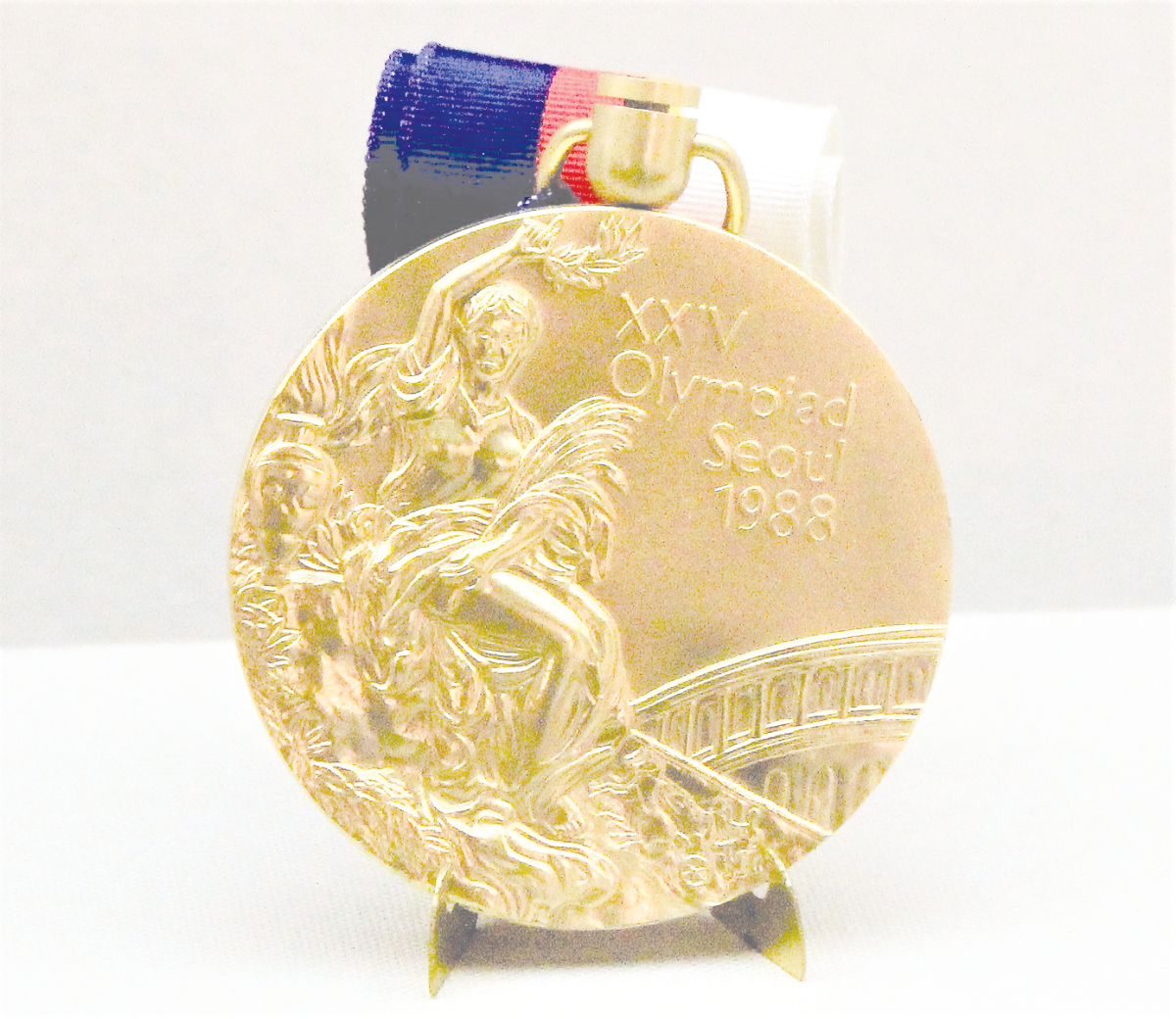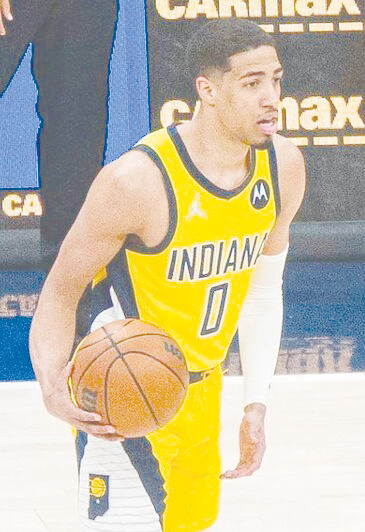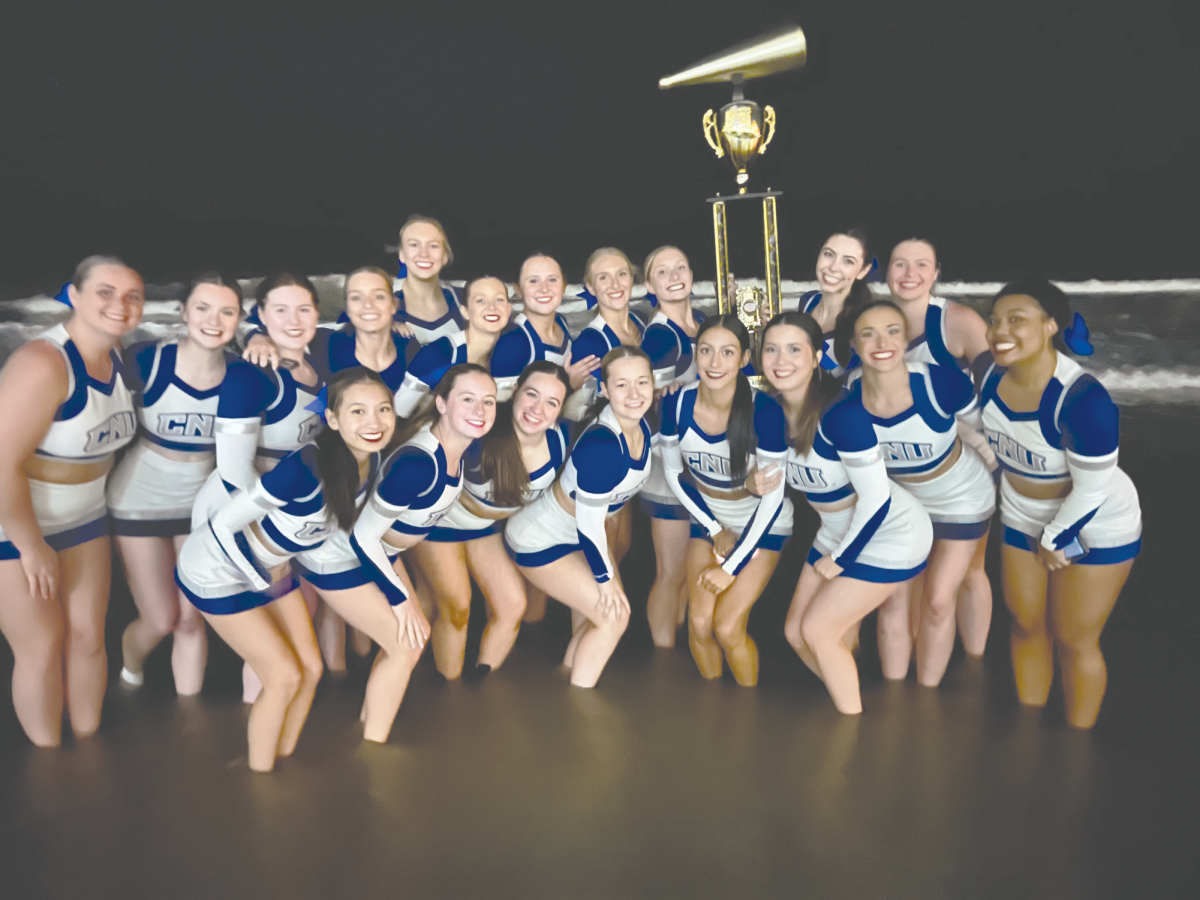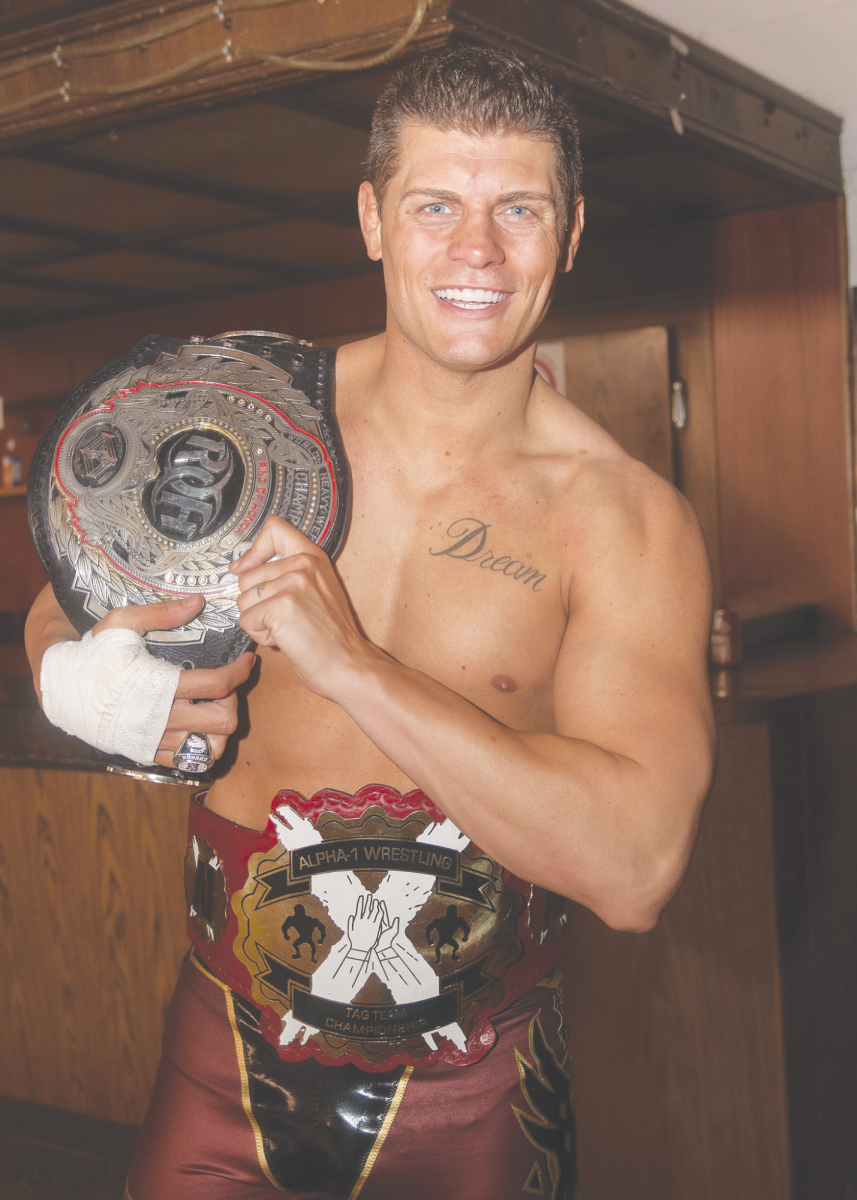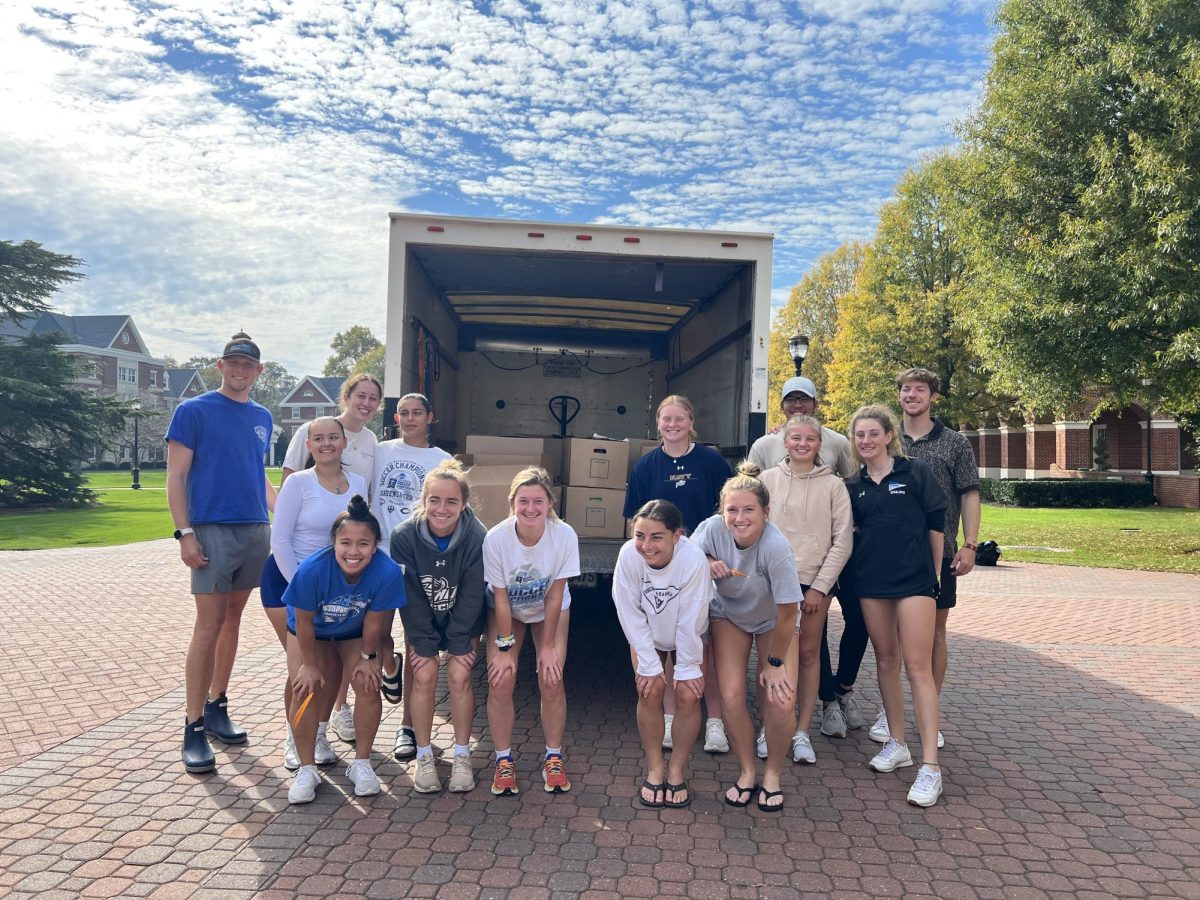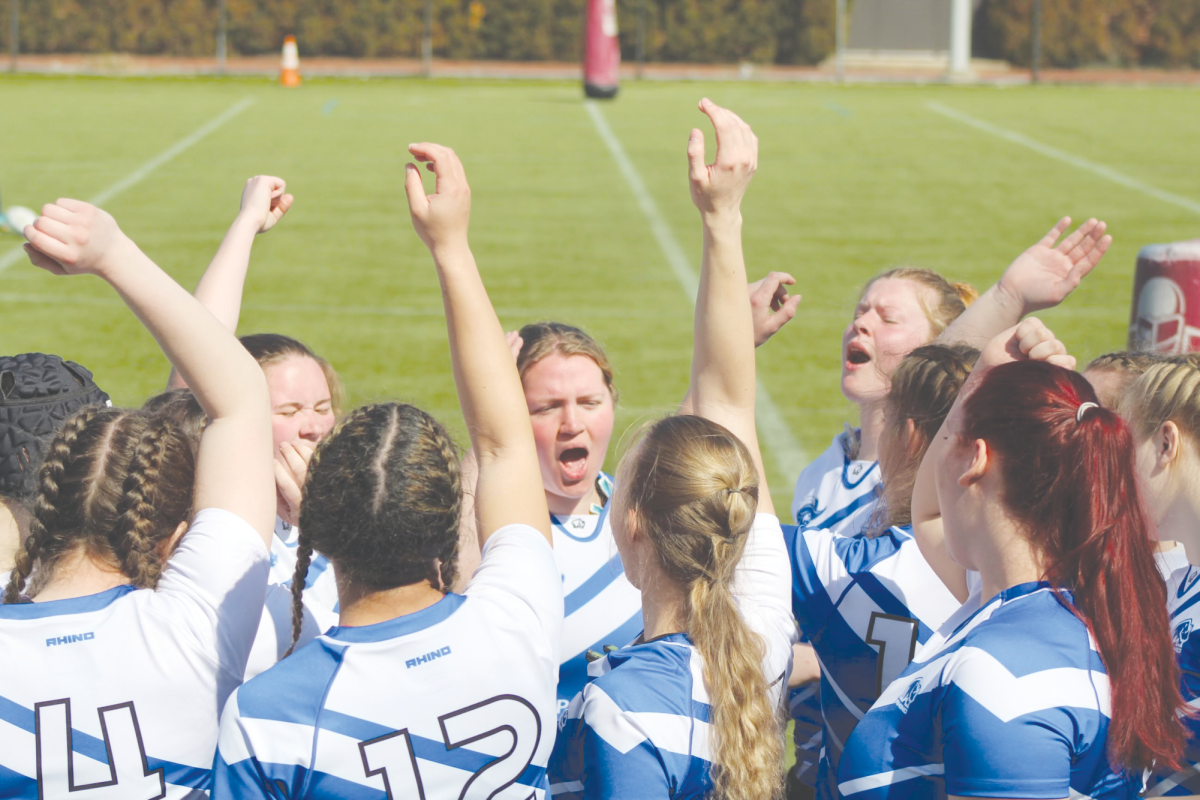The Olympics have been up and running since 1896. It is filled with competitive athletes, rivalrous sports and all-around entertainment for excited sports fans. However, through the years, the Olympics are bound to have changed in some ways. Some changes were big while others were small. Here is a list of some of those changes.
- Sharing the Gold
Before 2004, Olympic athletes who finished with a tie had to share their medals. This includes two or more athletes having the same score. However, to make things more fair, tie-breaking rules were installed to ensure a clear winner.
- Pros Among Us
Up until the Barcelona Olympics, professional athletes were not allowed to compete in the Olympics. However, in 1992, the strict amatuer rule, which prevented professional athletes from competing, was lifted. Athletes of all skill levels could compete side by side.
- System Testing
In the 1968 Mexico City Olympics, the rule of drug testing came to light. This prevented athletes from doping before games. Ever since then, drug testing has become more and more strict.
- In and Out
In some way, each Olympic Games differs from the last. One big change that usually happens is the introduction of new sports. While they are loved by fans, it also means that some get taken away. Sports like golf and rugby were added to the Summer Olympics. However, other sports such as baseball and softball have since been taken away and reinstalled into the Olympics.
- Just on Time
Manual timing methods ruled the Olympics for the longest time. An athlete would have beat another with the flaws of it. However, in the 1960s, electronic timing was introduced. This in result provided more reliable and accurate results in sports such as track and field and swimming.
- Fair Point
The scoring methods for sports such as gymnastics and figure skating were never fully fair. The scoring for these sports were scored by ‘perfect ten’ points. This method of scoring ran the risk of judges’ biases and opinions being solely subjective. However, in recent years, the judging systems have changed as they are now more subjective and less biased.
- Safe!
Equipment has not always been the safest. Malfunctions in equipment can lead to multiple injuries that can become fatal. This reason is why the Olympics have invested in more safety precautions for their equipment. With new technological advancements, specifications for sports accessories such as swimsuits and race bikes have been put in place to keep everyone safe and healthy.
- The Future is Female
Women have made so many advancements throughout history. In the Olympics, women have shown up and shown out time and time again. However, they have not always had the opportunity to participate in the Olympics. Luckily, over the years, women’s sports have made gradual appearances.
- Feelin’ Young
For the longest time, young athletes of any age could compete in the Olympics. Now, age restrictions have been implemented to ensure their safety. Sports that have been impacted greatly by these restrictions include figure skating and gymnastics.
- Swimming towards technology
Manual starting blocks were used to let swimmers know when to start their race. However, this resulted in some faults. These included delays in starting and inconsistencies in race starts. To ensure fair and accurate starting times, electronic starting blocks were used to reduce errors all around.

